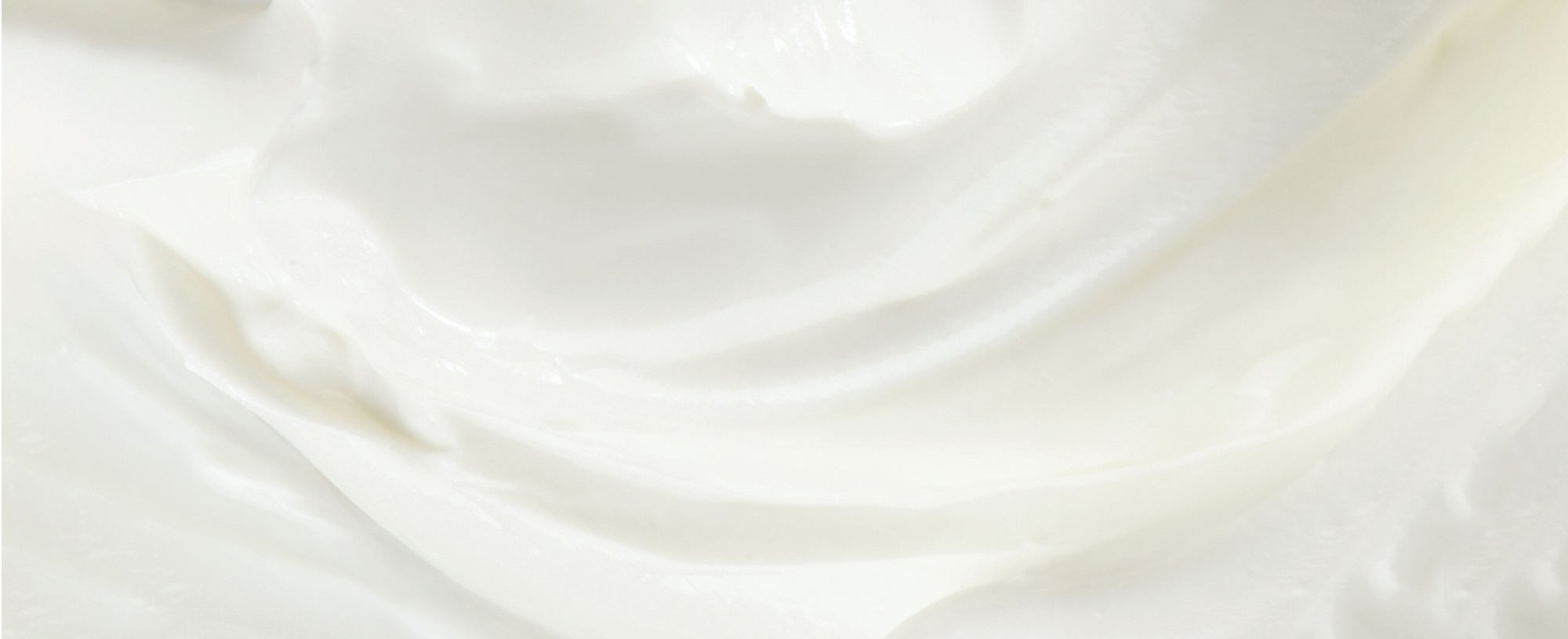The term ‘skin pH’ probably rings a bell, even if you don’t know exactly what it is. That’s because the pH of your skin can actually have quite the impact on the way your skin looks. As it turns out, knowing about skin pH and how it plays a role in various skin care queries could be just the tool you need to achieve your best complexion yet. Read on to get the lowdown on skin pH so you can start curating the perfect skin care routine.
WHAT IS SKIN PH?
Like we said, you’ve probably heard the term ‘skin pH’ being thrown around, but what exactly is it? According to a study from the National Center for Biotechnology Information (NCBI), pH is an acronym for ‘potential hydrogen,’ which describes the acid-alkaline ratio of a substance ranging from zero (the most acidic) to 14 (the most alkaline) with seven being neutral. Skin's surface pH is typically acidic, ranging from four to six, and is a factor that represents how various aspects of your skin are functioning, per the study.
WHAT IS THE BEST PH LEVEL OF SKIN?
We bet you’re wondering what the ideal skin pH is. Skin’s surface pH level in its natural state is, on average, 4.7, according to a study from the International Journal of Cosmetic Science (IJCS). The study states research has shown skin with pH values below five is in a better condition than skin with pH values above five. This is demonstrated through the measurement of barrier function, moisturization, and scaling.
IS SKIN NATURALLY ACIDIC?
As you can probably conclude by now, since the pH of skin is typically below five, skin is naturally acidic.
DOES YOUR SKIN PH CHANGE?
There are quite a few elements that can influence the pH of your skin. Find a few noteworthy factors, as stated in the NCBI study, below.
Factor #1: Age. Skin pH changes as you age. Newborns start with a neutral pH, which transitions to an acidic pH within the first year of life. The pH of skin fluctuates throughout life, rising during old age.
Factor #2. Gender. Gender can also influence skin’s pH level. Men typically have a pH value below five, whereas women typically have a pH value above five.
Factor #3. Race. The pH of those with darker skin tones have been found to be lower than those with fair skin.
Factor #4. Products. Many cleansers are classified as alkaline, which can cause the pH of skin to change temporarily. Aside from the use of cleansers and cosmetics, washing with plain tap water, which generally has a pH value around eight, can also increase skin pH for up to six hours before returning to its natural value.
Factor #5. Sweat. How much you sweat can also play a role in the pH of your skin. Excessive perspiration due to heavy exercise and a hot environment can increase skin pH.
Factor #6. Diet. Research has found intake of vitamin A and monounsaturated fat can decrease skin surface pH in both sexes.
HOW CAN YOU BALANCE YOUR SKIN PH?
Topical treatments can be used to balance the pH of your skin. Like we mentioned earlier, cleansers and cosmetics can temporarily change your skin’s pH value. Per an NCBI study, this is particularly useful for those who have skin conditions such as atopic dermatitis, irritant contact dermatitis, ichthyosis, rosacea, and acne, as well as aged and dry skin, which are all known to have an increased pH. The study states that topical treatments can be used to help normalize the pH to repair the skin barrier and reduce inflammation.
Next up: You’re familiar with skin pH, that it changes as you age, and that it can play a role in your skin’s appearance, but are you familiar with other factors that can influence aging skin? Study up with the help of our articles, Why Collagen is Important for Your Skin and What are Peptides?







